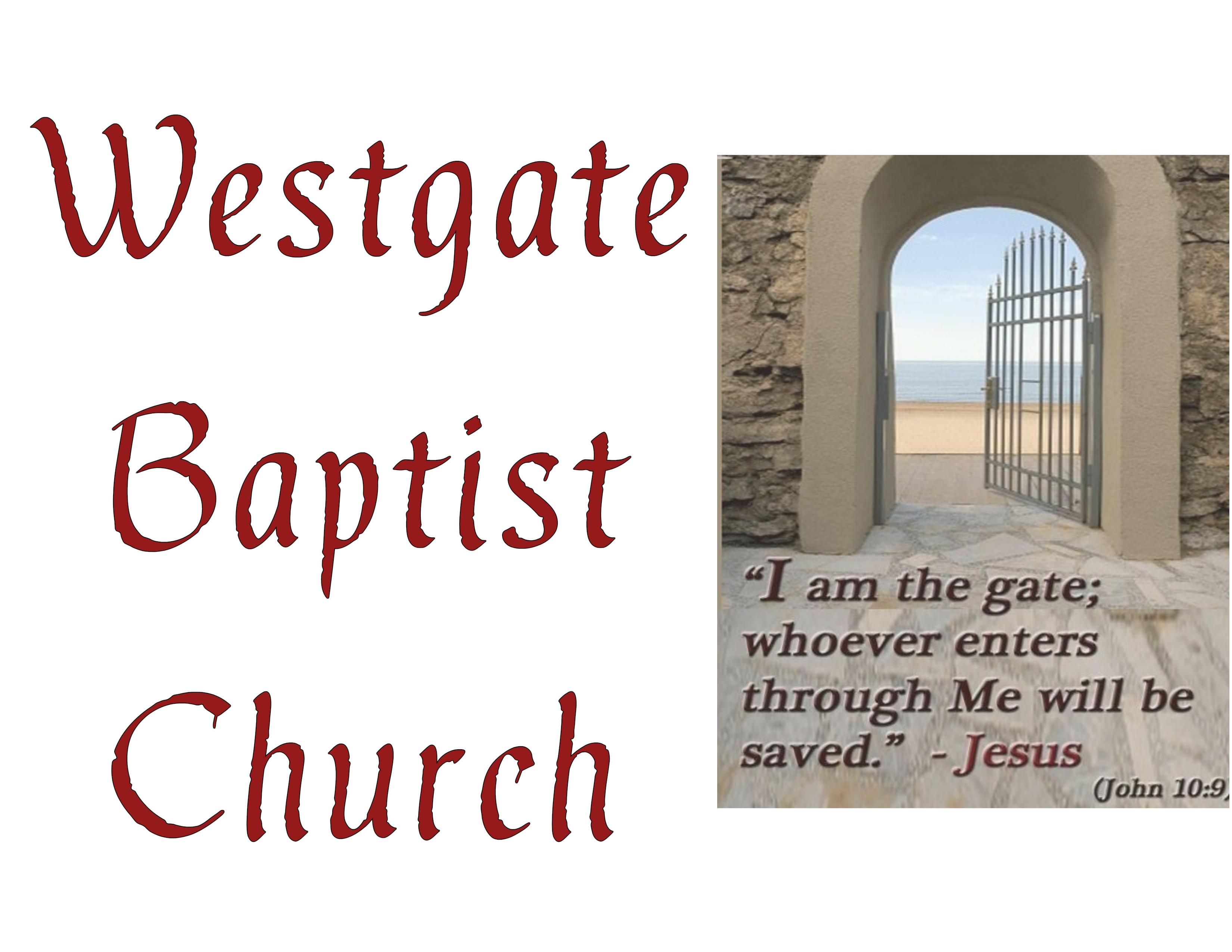The dictionary defines Angst as a deep anxiety or dread regarding the human condition or the state of affairs in the world. Its synonyms include fear, dread, apprehension, worry, malaise, trepidation, unease, disquietude
I’m keenly aware that in many ways Angst is the condition of our age. There is physical angst over health issues of disease, aging, maladies and failing aptitudes in the physical arena. There are the areas of angst in the relational, emotional, and spiritual aspects of human life as well. We have a sick sense that there is more to life—that there is a certain perpetual dissatisfaction with the here and now of our lives. Alongside this awareness of the disquietude of life is the basic conclusion that Life is Difficult. Once we get honest about its difficulty then we begin to fortify our response and it inadvertently becomes less difficult in light of our honesty. One of the great virtues combating the problem of Angst is the response of Courage.
Throughout history there are powerful models of Courage. One of my favorite models in church history comes from the life of a reformed Monk turned educator by the name of Martin Luther. In the early 1500’s two radical ideas crystallized in the mind of Luther the university professor in the backwater town of Wittenberg, Germany: People are saved by faith (not by human effort) and Scripture (not the church) is the test of truth. These ideas seemed radically subversive to the authorities of the day, so the pope kicked the professor, Martin Luther, out of the church and Charles V the Roman Emperor, ordered the “heretic” to appear before him.
Luther relished the idea of arguing his views. In April 1521 Charles sat on this throne flanked by his advisers and Spanish troops. The hall was filled with the politically powerful, bishops and princess. In the midst of the assembly was a table with a pile of books written by Luther. An official asked Luther if he had written these books, and if so was there a part of them he would choose to recant from. Luther was stunned. And replied “The books are all mine, and I have written more.” With further pressure to recant from the core theological focus of his books he was given one day to consider his response. His life was on the line.
Courage
Courage is armor A blind man wears; The calloused scar of outlived despairs: Courage is fear that has said its prayers. Karle Wilson Baker, 1878
The next evening the room was jammed with dignitaries, and as the torches flickered the same question was asked. “Will you recant or not?” Luther’s reply “Unless I can be instructed with evidence from the Holy Scripture…I cannot and will not recant.” Knowing he could be arrested or killed for his answer, he concluded “Here I stand. I can do no other. God help me. Amen.”
This was a defining moment in the history of Christianity, but not for reasons we often might think. Luther is rightly honored today as the man who rediscovered grace and faith and the authority of Scripture. But it took more than faith or theological insight to make the Reformation. At just the right moment, it took a dash of Courage in the face of Angst. Courage in response to existential Angst calls forth a depth and conviction of spirit which is empowered by God.
Deuteronomy 31:6 Be strong and of good courage, do not fear nor be afraid of them; for the LORD your God, He is the One who goes with you. He will not leave you nor forsake you.
